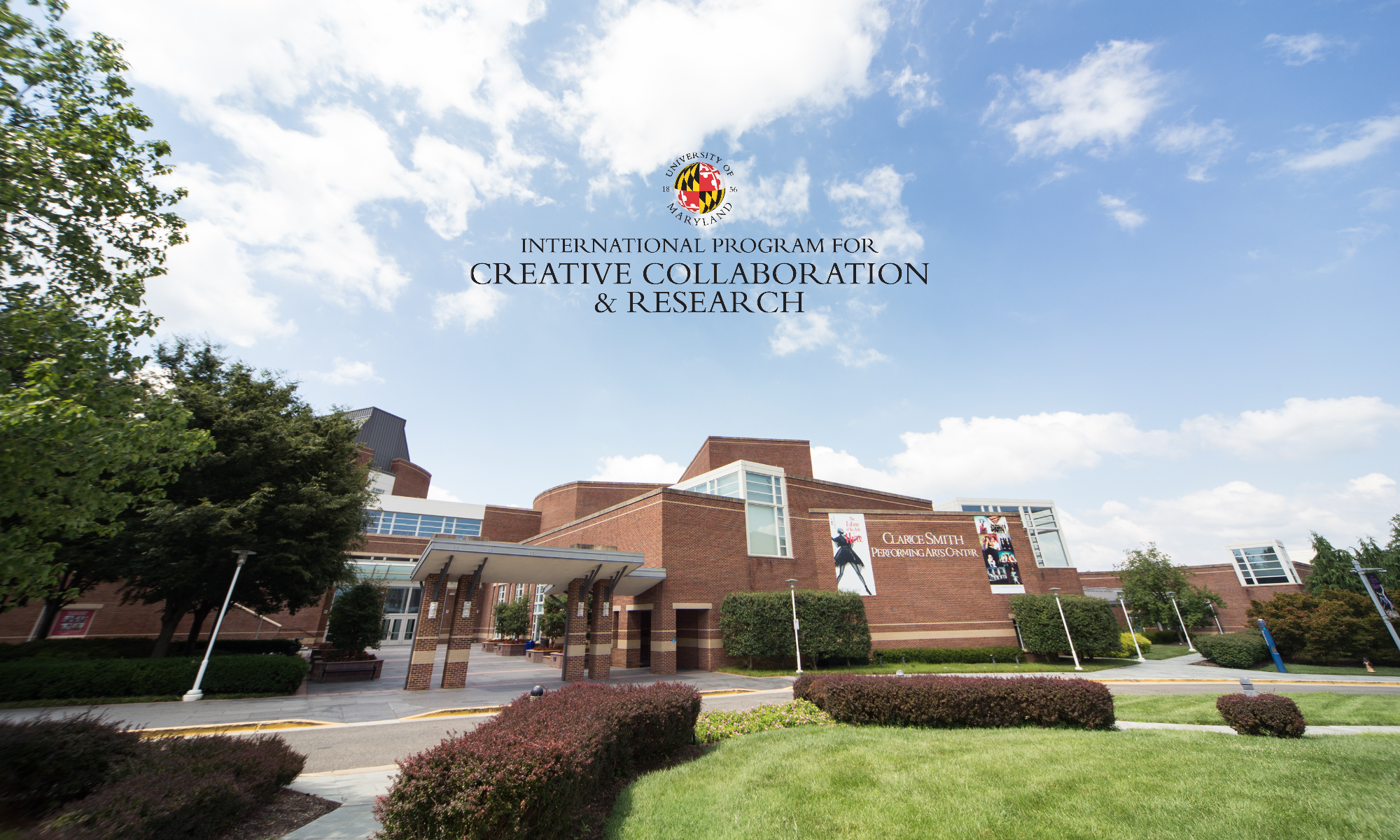
As originally proposed, this project had three objectives. First, I sought to gain
experience adapting and delivering lessons for an interdisciplinary study abroad
program. Second, this project aimed to foster collaboration between TDPS and the
Communications department at the University of Maryland. Third, this project’s
ultimate purpose was to provide a high-quality study abroad opportunity for TDPS
students seeking to expand their skill set in real-world practical settings.
This project met all three of its objectives to varying degrees. Over the course of the three-week program, I was able to deliver eight mini-lectures (30 minutes each) on the following topics: developing a topic, identifying dramatic need, interview techniques/crafting interview questions, storytelling/archetypes and narrative, writing and delivering voice over scripts, conducting scholarly research, rhetoric/using ethos, logos, and pathos in visual storytelling, activism and advocacy in the arts. These lectures were all adapted from lectures I’ve developed over the course of my time in TDPS, particularly THET285, The Art of Communications and Presentation. In addition to these more formal lectures, I offered office hours during which I was able to provide one-on-one support to students as they developed and executed their projects.
From an administrative perspective, I also gained experience organizing and promoting a study abroad project from start to finish. On the front end, I helped Adam Nixon plan the itinerary and adapt the syllabus. I visited classrooms to promote the class, tabled at the study abroad fair, and followed up individually with interested students. During the trip, I chaperoned all of the group activities, maintained a running group chat with the students to flag any emerging issues, and kept track of attendance for activities and events. Following the trip, I helped to organize the final showing of the student films at the Global Crossroads Café in HJ Patterson.
In terms of our second objective to foster collaboration between communications and theatre departments, I think this was a very successful start. I was happy to be able to collaborate with a former alum of the TDPS PhD program and to contribute to a course that emphasized the theoretical and practical intersections between theatre, live performance, anthropology, journalism, and film. In the process, I identified a number of ways to further enhance the course’s appeal for theatre and performance students in upcoming semesters.
Finally, while only two out of the ten enrolled students in the course were from TDPS, support from the IPCCR allowed for all of the students to enjoy an enriching educational experience. This included theatre in the West End of London and trips to the British Library, Oxford University, the British Museum, the British Film Institute, Stonehenge, Hampton Court Palace, Bath, the Tate Modern, and the Globe Theatre.
